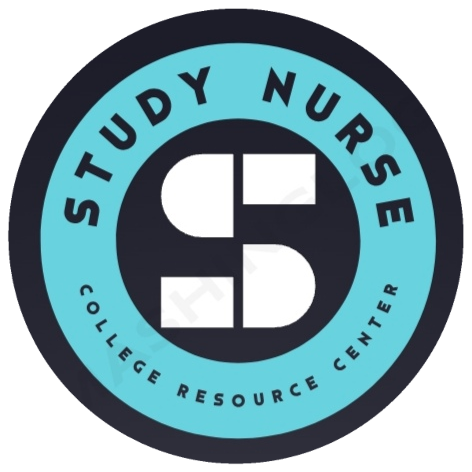Ethical Theory Matrix
| Theory | Decision Criteria | Your Own Example | Strengths | Weaknesses |
| Utilitarianism
|
Focuses on the outcomes such that the most ethical choice is one that produces the greatest good for the greatest number of people. | For example, in nursing, resources equate to the number of lives saved. In this case, a facility may prefer saving more people with ventilation compared to using extracorporeal membrane oxygenation to save on patient. | It is easier to focus on happiness as a society.
The theory informs professionals about the implications of harming others. In this case, harming others to gain personal satisfaction is inappropriate. The principles provide a clear measure of positive and negative consequences of different actions. |
The theory does not consider other elements such as love besides happiness.
Utilitarianism may create an unrealistic view of society since the balance of happiness over harm supports the narrative of exposing a few to death to improve satisfaction of the majority.
|
| Kantian Ethics
|
It is crucial for individuals to respect the humanity in others and act in accordance with the rules that hold for everyone. | A nurse has a duty of care to continue providing care for an assigned period regardless of the inherent dangers associated with close physical contact. | The theory is straightforward, making it easier to apply.
Duty is part of professional and personal experience. The law commands individuals to respect human life. |
Does not provide options on the right thing to do in specific situations or individual cases.
Individuals do not have the same sense of goodwill. Not everyone can make rational moral decisions.
|
| Ross’s Ethics
|
Individuals have a plurality of duties due to the multiple relationships they have in the world. The theory advocates for individuals to keep promises, correct their mistakes, repay favors, distribute goods fairly, help others, and make themselves better people. Further, the theory discourages individuals from harming others. | If a patient is terminally ill and has no signs of surviving in a painless condition, it is improper to use technological methods to prolong their life. | Justifies obligations arising from relationships.
Accounts for individuals’ motives such as involvement in charity. |
Does not consider inclinations such as family, love, and compassion from an individual perspective.
No reason to justify acceptance of the rules. |
| Natural Law Ethics
|
Human beings have intrinsic values that influence their reasoning and behavior. | A nurse may choose to give strong pain management medication to a terminally ill patient to make them feel better. In this case, the act of reducing pain justifies negative outcomes such as death or additional suffering. | Addresses the potential for human goodness, which allows some aspect of flexibility.
Decisions not based on moral alone, but on emotions, passion, and wisdom. |
Based on assumptions that may contradict modern science.
Relies too much on reason, which may not always produce the intended outcomes. Based on a fixed human nature. |

